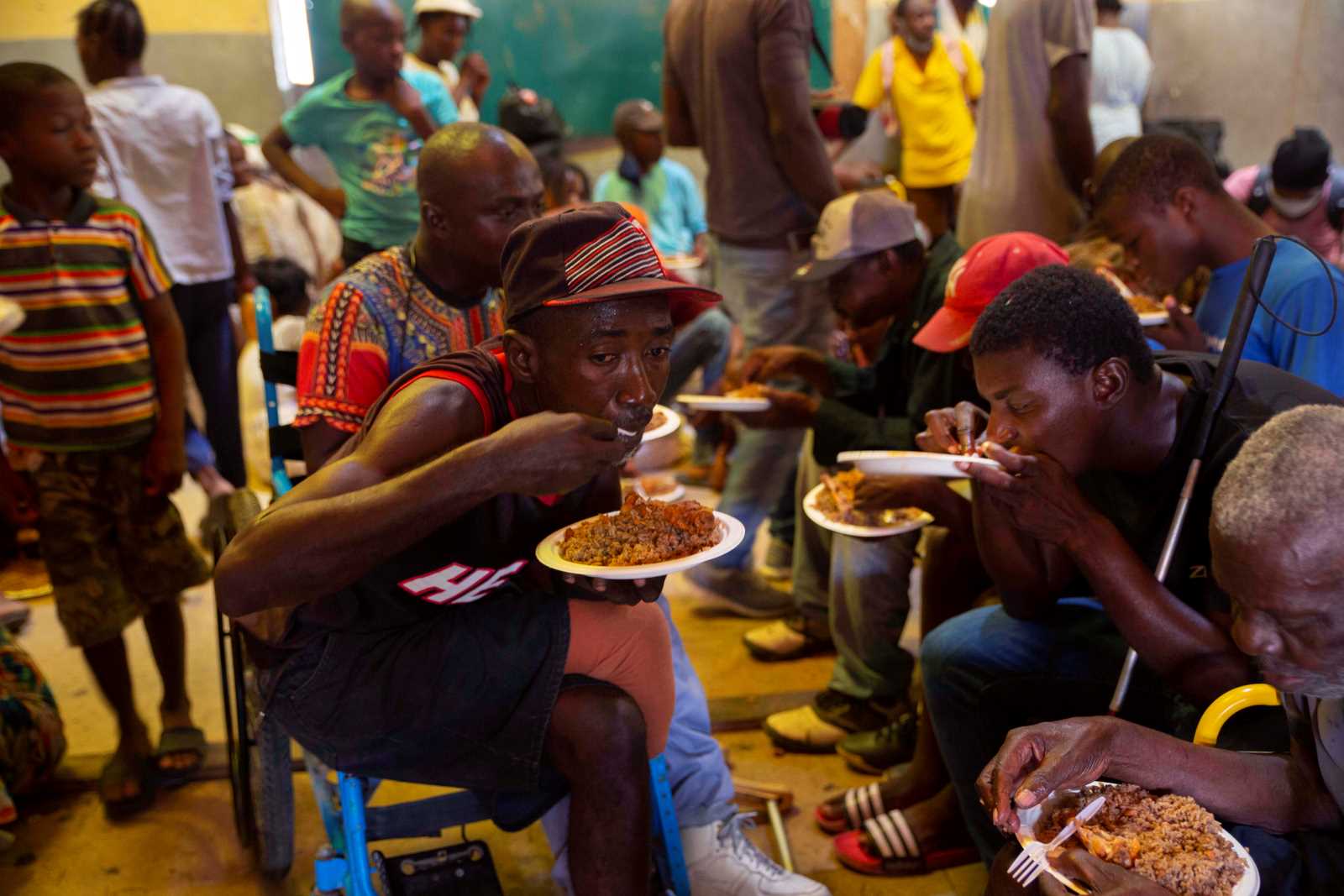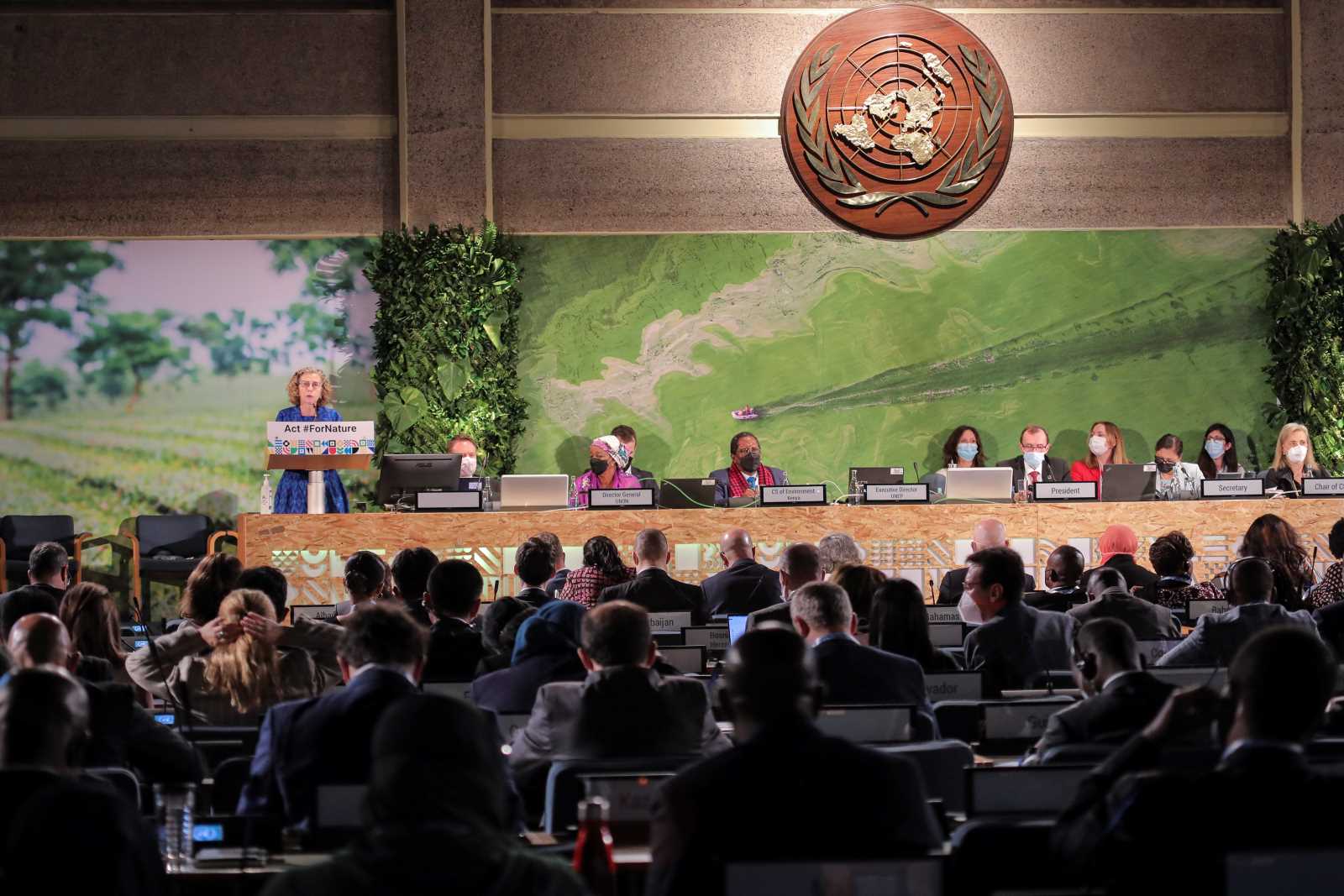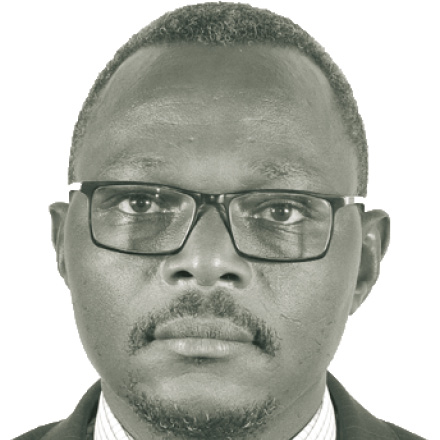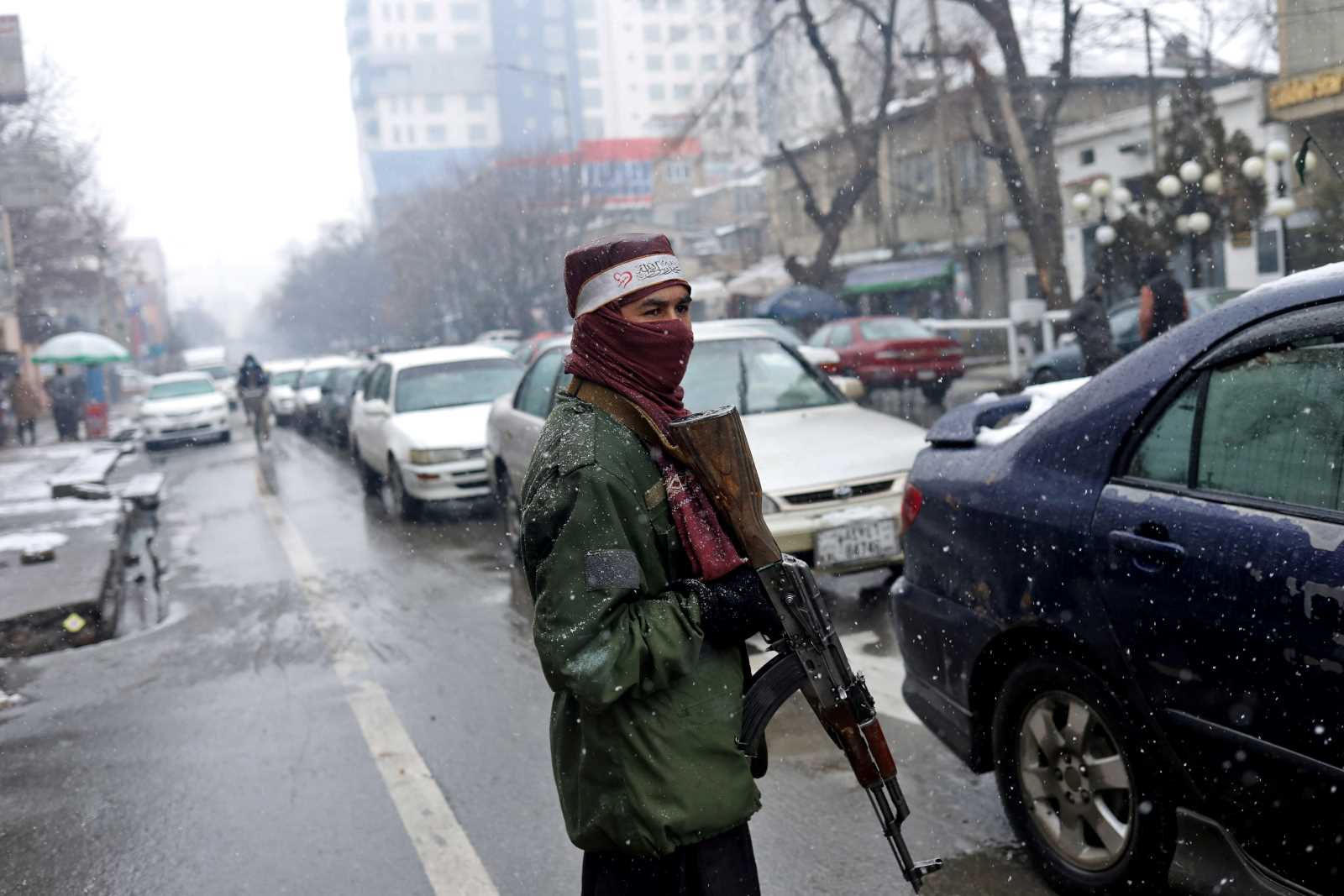Global civil society
Better partnership
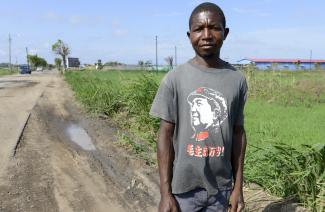
Civil-society organisations (CSOs) are big players – at least in numbers. According to the Reality of Aid Report 2014, they are “managing approximately $ 65 billion in development assistance annually”. The authors point out that this sum amounted to “more than half of real official development assistance (ODA) in 2013”. Their definition of “real” ODA is the figure provided by the Organisation for Economic Cooperation and Development (OECD) minus student grants and other funding that is not transferred to developing nations.
The RoA Network includes CSOs from developing countries, emerging economies and advanced nations. It argues that the potential of partnerships with civil society has not yet been tapped sufficiently. Effective development cooperation, however, depends on well-designed partnerships, the authors insist, and is therefore an issue both on the agenda of the UN Millennium Development Goals and in the debate on drafting the follow-up, the UN Sustainable Development Goals (SDGs).
Eight principles
The authors bemoan that typically “the idea of partnership is given rhetorical significance”, but that such rhetoric does not tend to translate into tangible action. The report spells out eight preconditions for equitable partnership:
- All action must be based on human rights.
- Human rights and social standards must bind not only the government, but the private-sector as well.
- Unequal power relations between stakeholders must be addressed.
- Effective statehood must provide an enabling environment for a diversity of actors.
- All actors must be held accountable through independent mechanisms and institutions.
- CSOs must be allowed to fulfil their potential, get access to funding and be involved in policymaking.
- SDG funding should be guided by actual conditions of poverty and inequality, not by arbitrary per-capita income statistics.
- South-south cooperation must be designed in ways that serve poor and marginalised people.
In 2011, the multilateral Busan High Level Forum acknowledged the importance of CSOs when launching the Global Partnership for Effective Development Cooperation (GPEDC). According to the RoA Report, that has not made much difference. CSOs tend to be marginalised by governments, public-private partnerships (PPPs) and south-south cooperation (SSC), the authors state. The RoA Report includes case studies to prove that point.
The report also notes some positive cases however. In Mozambique, CSOs are increasingly accepted as “equal development partners“, writes Taurai Chiraerae from the African Forum and Network on Debt and Development (AFRODAD) in his contribution to the publication. In his view, CSOs are participating effectively in decision-making, implementation and monitoring in regard to public policies and programmes. Chiraerae stresses that governments and donor agencies can make partnerships effective if they want to.
The RoA Report similarly appreciates that CSOs play a strong role particularly in developmental matters in Bangladesh (see article by Marianne Scholte). There are limits, however, as the government does not accept CSO interventions in issues such as human rights, law enforcement and governance in general. This case is made by Ahmad Swapan Mahmud and Farjana Akter of Voice, a CSO, in another contribution.
Privatisation of UN
The RoA Network also finds fault with multilateral institutions. The recent publication speaks of a trend towards the “privatisation of the UN agenda”. One reason that is given is that ODA is stagnating, so funding is being sought from other sources, including private-sector corporations. Moreover, development paradigms are increasingly geared to private-sector success, the activists warn. In his contribution, Christopher John Chanco of IBON International, a Manila-based foundation, argues that ODA conditions concerning issues such as trade liberalisation, investment rules, fiscal austerity and tax reforms have weakened the Philippines’ socio-economic development over the decades. He adds that infrastructure provided in PPPs often does not grant poor and marginalised people access.
The report contributors emphasise the watchdog role of CSOs. In their eyes, there can be no transparent multilateral policymaking unless activists monitor the performance of international institutions, governments and other relevant actors. They appreciate that some donor governments want to see democratic ownership in developing countries and insist on human rights. The report praises donors that take a rights-based approach in regard to things like labour conditions, social responsibility or tax compliance.
South-south cooperation is becoming more important, according to the RoA Report. The authors point out that some emerging economies like Brazil, China and India have joined the GPEDC as observers, but are reluctant to apply its rules themselves. Vitalice Meja’s, a RoA coordinator, questions whether SSC really brings substantial benefits for Africa. He states that SSC projects too often lead to poor and vulnerable people being displaced from their land. According to him, moreover, African governments tend to clear SSC projects without any meaningful prior public participation. To improve matters, Meja wants African governments to implement legal reforms and involve CSOs in policymaking.
The RoA emphasises that CSOs at the grassroots level have tremendous experience and a deep knowledge of local politics and social dynamics. Unless this expertise is utilised, the publication warns, the SDGs will not be achieved, so local CSOs in developing countries have an important role to play.
Theresa Krinninger
Link:
Reality of Aid Report 2014:
http://realityofaid.org/roa_report/rethinking-partnerships-in-a-post-2015-world-towards-equitable-inclusive-and-sustainable-development/
